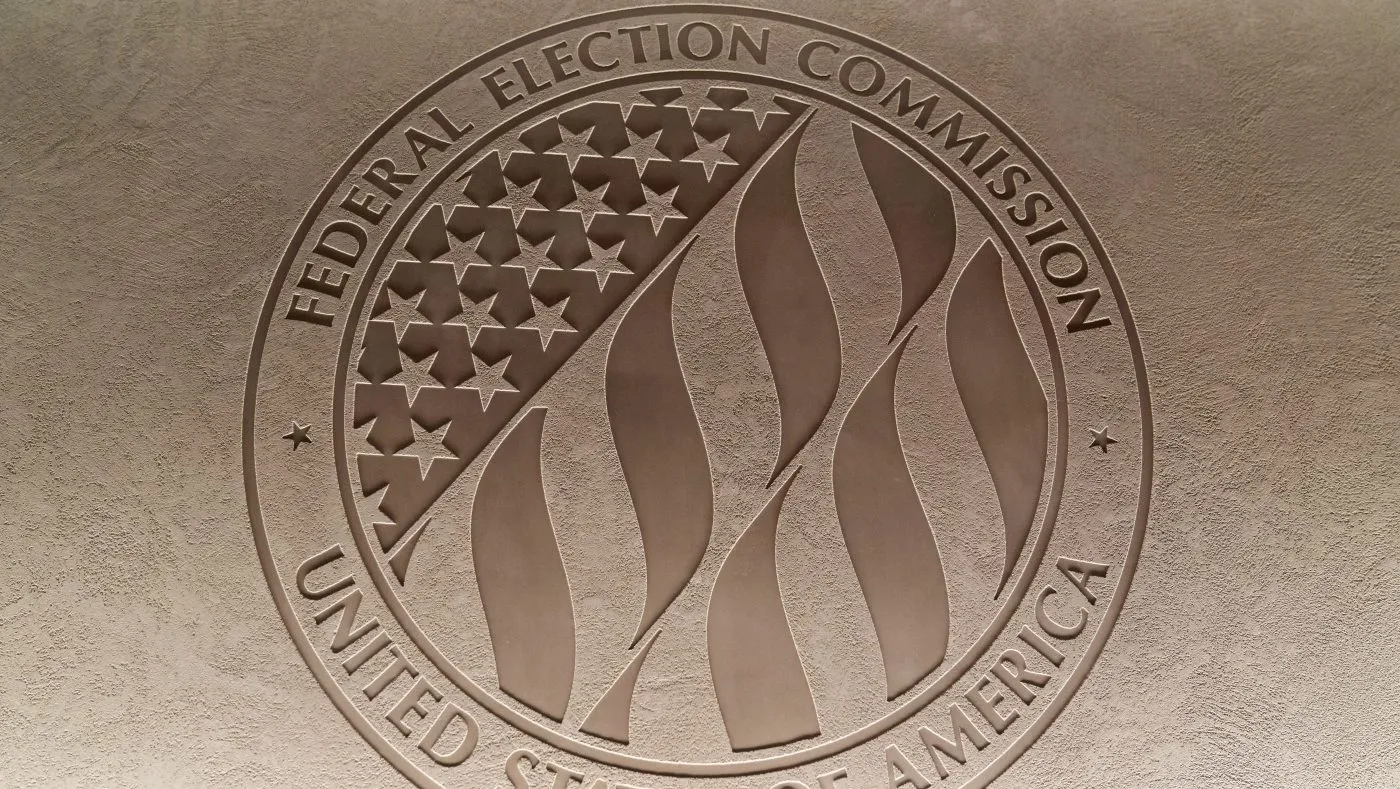FEC's Bold Move on AI Regulations Sparks Controversy Before Election

FEC's AI Regulation Decision: A Controversial Step
The Federal Election Commission (FEC) recently voted 5-1 to forgo new legislation regarding the use of artificial intelligence (AI) in federal elections. The bipartisan decision, arriving just ahead of the forthcoming elections, stems from a perceived lack of authority to regulate this developing technology. Instead of introducing new rules, the FEC issued an interpretive ruling which clarifies that existing regulations governing fraudulent misrepresentation also apply to AI.
Understanding the FEC's Position
Democratic Commissioners Dara Lindenbaum and Shana Broussard led the initiative, joined by Republican Commissioners Trey Trainor and Allen Dickerson:
- Lindenbaum emphasized the importance of providing clarity on how AI interacts with current laws.
- The decision reflects ongoing challenges within the FEC, which often struggles to reach consensus among its six members.
Criticism and Concerns
Public Citizen's co-President Robert Weissman expressed disappointment regarding the FEC’s refusal to issue concrete regulations:
- He argued that the agency has lost its focus and integrity, labeling the interpretive rule as largely redundant.
- FEC Chair Sean Cooksey, the dissenting vote, warned of possible confusion surrounding the ruling as elections approach, stressing that no new prohibitions are being introduced.
As the regulatory landscape evolves, the FEC’s decision will surely play a crucial role in shaping the future of campaign finance in the face of technological advancements.
This article was prepared using information from open sources in accordance with the principles of Ethical Policy. The editorial team is not responsible for absolute accuracy, as it relies on data from the sources referenced.